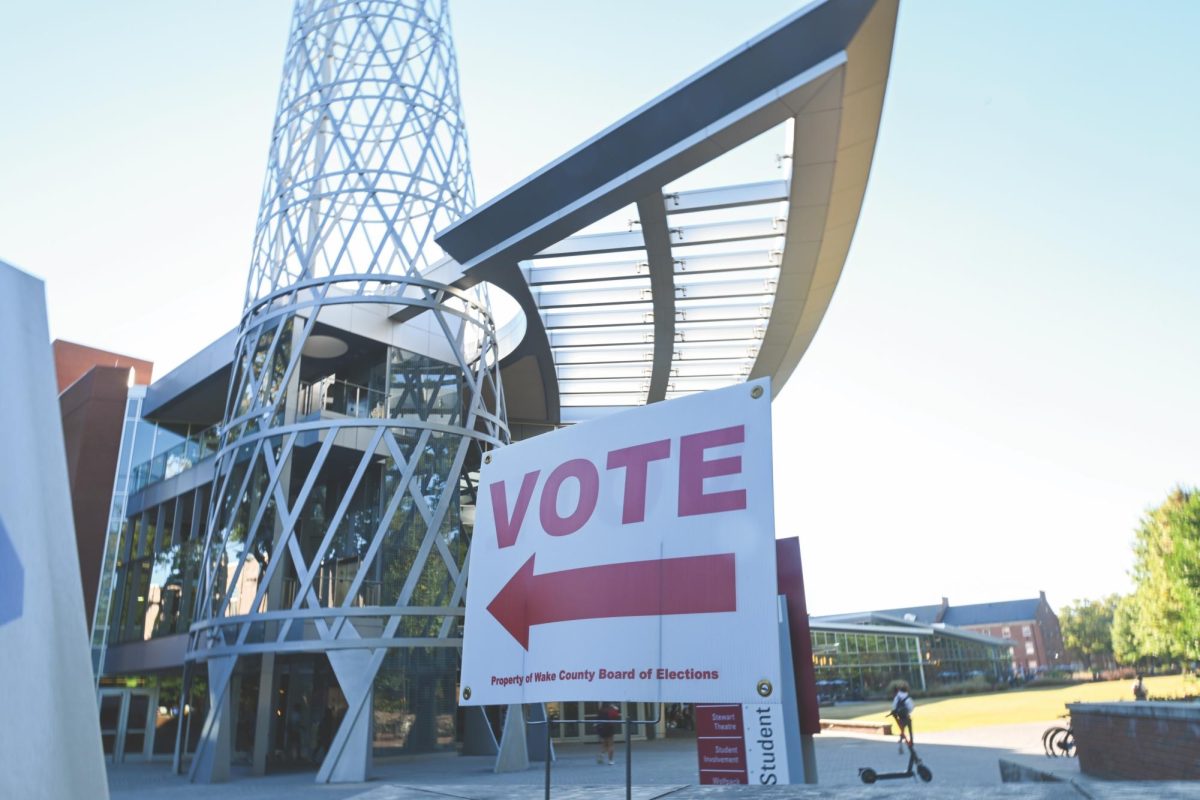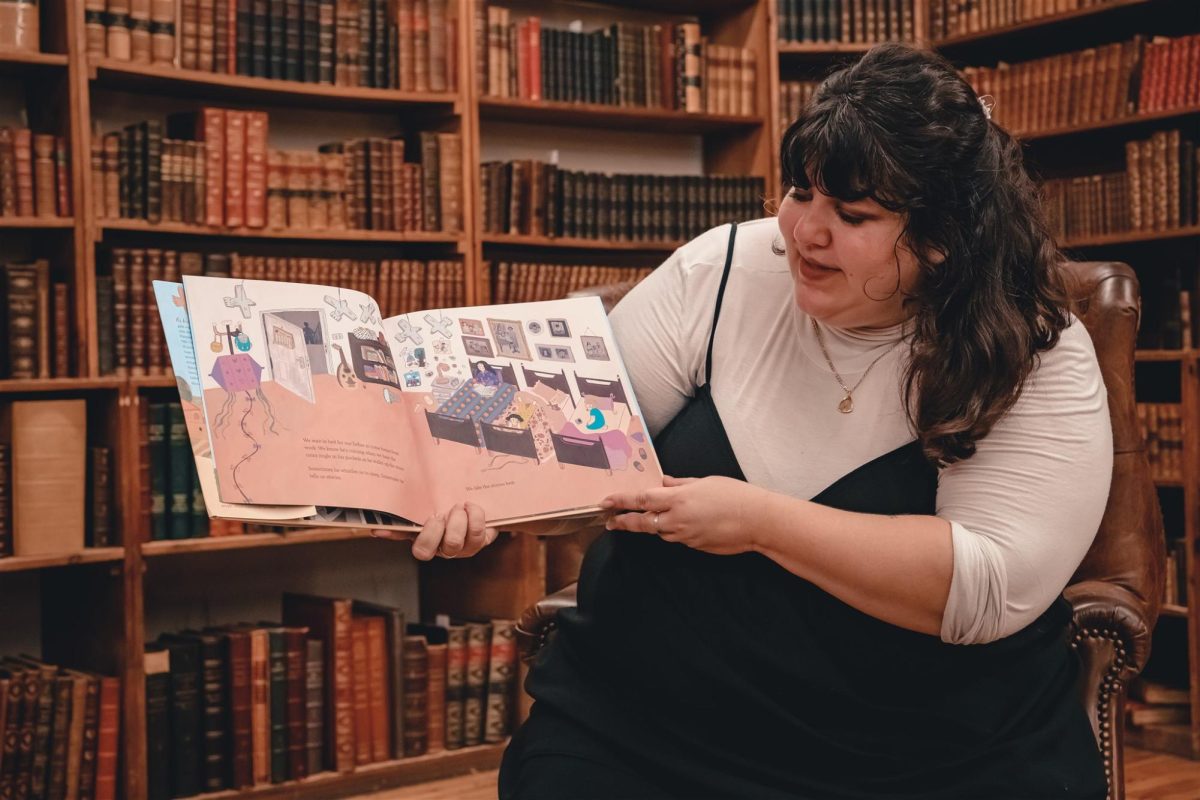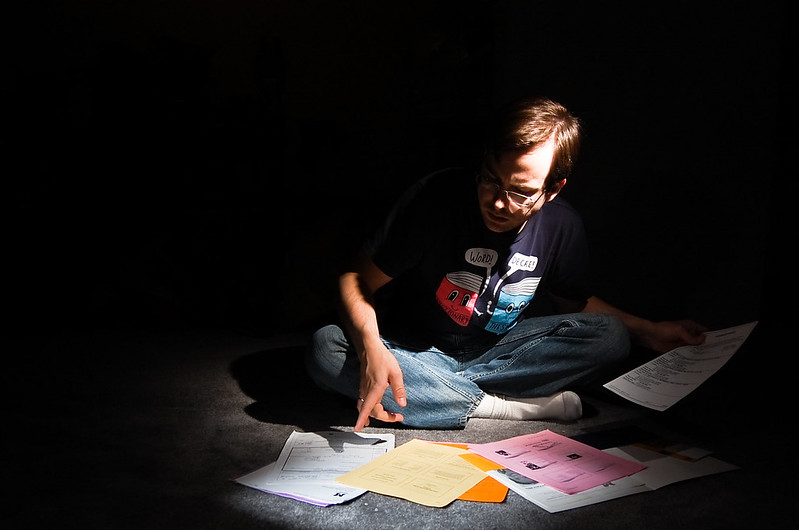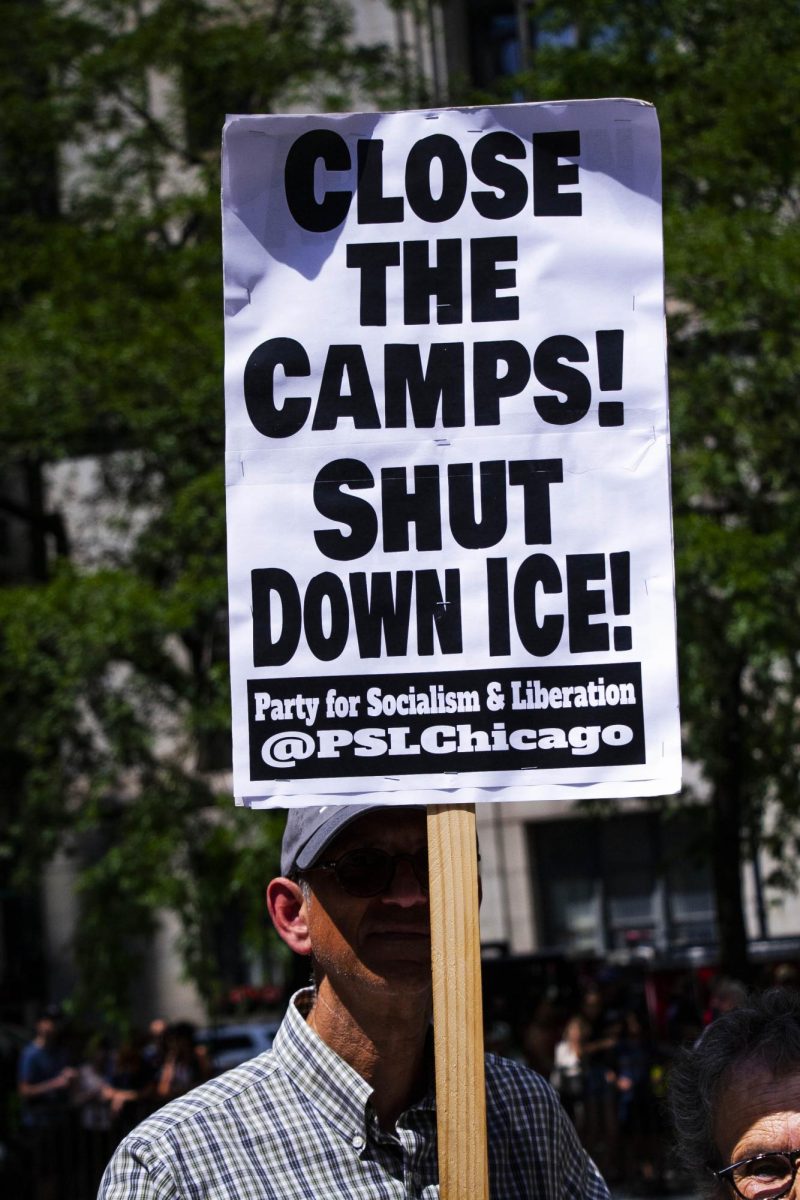If you haven’t already heard, let me break the news to you: NC State has classes on Election Day. Many, if not all, public schools in North Carolina do as well. For NC State students registered in Wake County, this isn’t a problem since Talley Student Union is one of the early voting sites for Wake County voters. But for other students, this may end up being a big issue.
NC State has students from every county in North Carolina, as well as over 8,000 out-of-state students. Because classes are in session this Election Day, many students won’t be able to make it home to vote.
Requiring classes on Election Day is just the beginning of it all. States all over the country have implemented different laws over the past few years making it increasingly difficult for students to vote – laws regarding absentee voting, proof-of-citizenship, ID, residency, voter registration and more.
I know that in high school, all we learned regarding the election is that we need to vote for whoever’s policies we agree with. But once you can actually vote it is much more complicated than that. You have to register, get the proper identification materials, figure out your voting location and keep up with candidates through appearances, primaries, town halls, debates and so much more. Elections don’t start in the fall, they get into motion long before that.
Logistically it’s even worse, I live almost two hours away from NC State and because of my extracurriculars, I can’t make time to go back home for early voting. I also won’t be able to vote on Election Day itself since I have two classes with mandatory attendance.
So what do I do? Ask my parents..? They don’t know either. They’ve always voted in person. Ok, I guess I should Google it then… Looks like the answer is to order an absentee ballot. Simple enough, right? Well for me, yes. For others, not so much.
At this point, I have gone through the long process of paperwork just to order an absentee ballot. Now after doing all of that I am still waiting to receive it in the mail. On top of that I still haven’t even gotten to the point of filling out the ballot or mailing it back. Lots of students are incredibly busy and have other priorities. We are in the midst of midterm season and I’m sure that many students are spending their free time studying, rather than researching how to actually take part in one of their civic duties.
There are so many deadlines to adhere to and paperwork to fill out, it can be super stressful. You have to register to vote by a certain date, apply for an absentee ballot by another date while understanding early voting is within a range of dates, then Election Day itself is only one day. The only reason I know about those dates is because my Fiction Writing professor, Carter Sickels, is very adamant about getting us out to the polls.
Students aren’t the only demographic that have obstacles between them and their vote. Women and people of color are two of the groups that are being hit the hardest. I mentioned earlier that there have been laws implemented over the past few years barring students from voting, but there are even more that discourage the participation of marginalized communities.
The 2013 Supreme Court case of Shelby County v. Holder rid all federal jurisdiction over voting laws, allowing states to control their own voting laws. Within days of the case multiple states, particularly Texas and North Carolina, enacted laws making it increasingly difficult for people of color to vote.
North Carolina is no stranger to these voter restrictions as this will be the first General Election in which the a goverment issued photo ID requirement will be enforced. Voters are required to bring a photo ID with them. If they are voting by mail, they must include a copy of their ID in the envelope. There is also the fact that mail ballots must be received by Election Day or else they will not be counted, which is a change from the prior three-day grace period in the 2020 election.
There are millions of people in the United States who don’t have easy access to documents that would prove their citizenship and even more who do not have documentation with a government-issued photo ID.
Women are more likely than men to have invalid documentation in part due to the issue of legal names. When a woman gets married or divorced they are likely to change their name and there are a number of women who haven’t changed their legal name on legal documents.
Women are also more likely to lack the proper photo identification. In 2012 there were 3,575,713 women registered to vote in NC. Out of those 3,575,713 women, 202,714 did not have the proper identification required to vote. Out of all of the people in NC who lacked the proper identification to vote, 63.62% of them were women.
People of color are also less likely to have the proper identification. These sorts of laws have existed since the inception of our nation, when only rich white men were the only group of people allowed to vote. In the past, literacy tests, poll taxes or other measures were meant to disproportionately affect people of color and marginalized communities, but because of the Voting Rights Act of 1965, it’s not as upfront anymore.
Around 25% of Black voters, 16% of Latino voters and 15% of low-income American voters lack proper photo identification. People born at home or on Reservations may also not be able to obtain proper paperwork to get a photo ID.
As one of the swing states that could make or break the 2024 election, North Carolina needs all of its eligible voters to hit the polls. This is why it’s crazy to me that they are putting so many laws and regulations in place that are barring huge groups of people from voting. I am not going to make comments about why North Carolina is doing so, at least not in this article, but I’m sure we can all make our assumptions.
They are trying to silence our voices. Don’t let them. Go vote.







